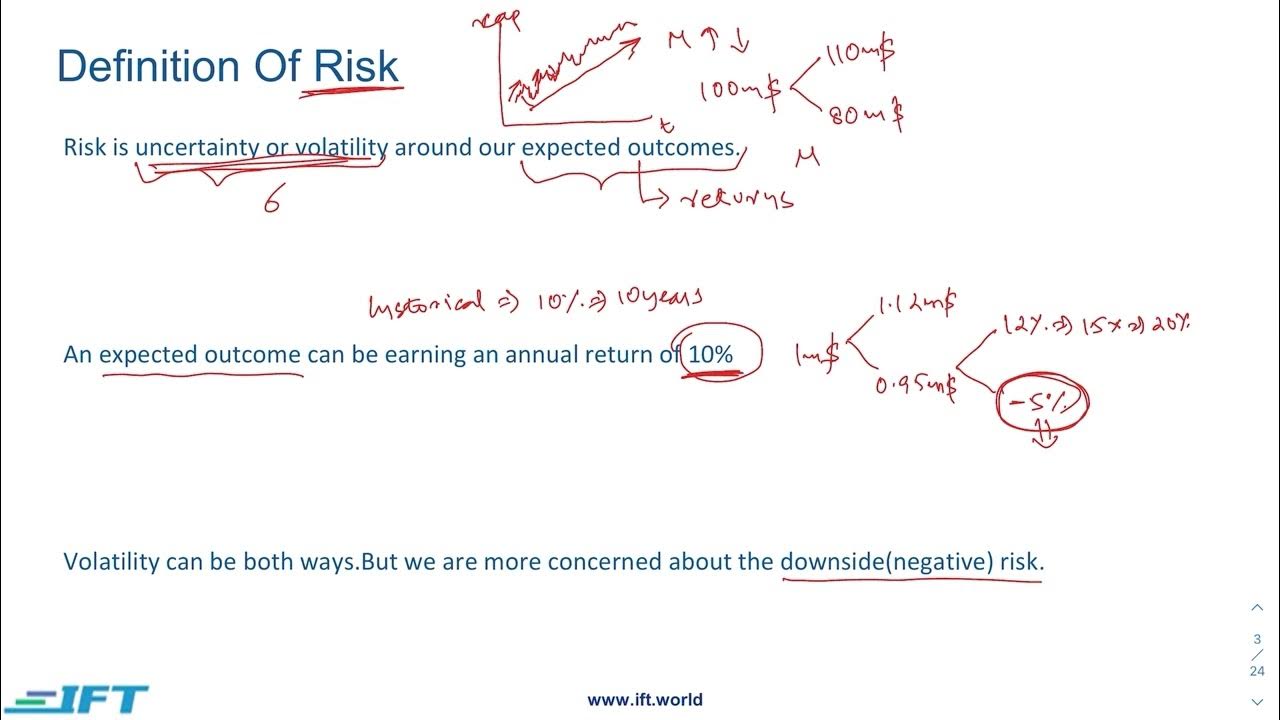Vol Markets & the 2024 Presidential Election - 2024 Cboe RMC Conversations w/ Cem Karsan
Summary
TLDRThe discussion centers on the implications of the upcoming elections on financial markets, emphasizing the risk premium associated with potential contested results. Historical context is provided, linking past election disputes to current market behavior. Key sectors are analyzed in light of candidate policies, with predictions on how different outcomes may impact investments. The conversation also highlights concerns about structural inflation due to tariffs and immigration policy changes, suggesting strategic positioning in equities and bonds. Overall, the dialogue underscores the intricate relationship between electoral outcomes and market dynamics.
Takeaways
- 😀 The upcoming election is creating significant volatility in the market, affecting pricing and investor sentiment.
- 😀 Historical patterns suggest that market uncertainty can last well beyond the election date, influencing strategic decisions.
- 😀 Participants highlighted various trading strategies involving volatility indexes and options to hedge against election-related risks.
- 😀 Sector-specific implications were discussed, noting that certain industries may react differently to the outcomes of the election.
- 😀 Inflationary pressures are a critical concern, with tariffs and immigration policies identified as key factors influencing inflation trends.
- 😀 The consensus is that restricting labor and increasing tariffs could lead to higher inflation, impacting investment opportunities.
- 😀 Long-term trades focused on inflation were considered, indicating a strategic shift in market positioning.
- 😀 The idea of running the economy 'hot' was emphasized, with both presidential candidates likely to adopt aggressive monetary policies.
- 😀 Discussions included the potential impact on sectors like energy and commodities, which could benefit from inflationary pressures.
- 😀 Overall, the dialogue stressed the importance of understanding both short-term volatility and long-term economic trends for effective trading.
Q & A
What is the primary concern driving market volatility in the current context?
-The primary concern is the uncertainty surrounding the upcoming elections, particularly regarding the potential for a contested outcome, which is causing a heightened risk premium in the markets.
How do historical examples of contested elections influence current market behavior?
-Historical examples suggest that markets may experience prolonged volatility and uncertainty after elections, as traders adjust to evolving political dynamics and potential disputes.
What trading strategies are being considered in light of election outcomes?
-Traders are considering strategies like buying call spreads and focusing on sectors that may be positively or negatively impacted depending on whether Trump or Harris wins.
What sectors are likely to experience significant changes based on election results?
-Key sectors mentioned include technology, financials, healthcare, and energy, all of which are expected to respond differently based on the policy directions of the winning candidate.
What structural factors are contributing to inflationary pressures discussed in the script?
-Structural factors include tariffs, immigration policies, and the potential for increased spending, all of which could lead to higher inflation rates in the economy.
How is the concept of a 'curve steepener' relevant to current trading strategies?
-A 'curve steepener' trade involves anticipating that the yield curve will steepen, indicating a belief that interest rates will rise, particularly in response to inflationary policies.
What is the significance of gold and energy in the context of potential inflation?
-Gold and energy are viewed as inflation hedges, making them attractive investments as inflationary pressures increase due to policy changes and economic conditions.
What role does immigration policy play in controlling inflation, according to the discussion?
-The open immigration policy is considered a factor that has historically helped keep labor inflation in check, but shifts towards tighter immigration could be inflationary.
How might a Trump administration differ in economic policy compared to a Harris administration?
-A Trump administration may pursue more aggressive fiscal policies and potentially lower interest rates, while a Harris administration may take a more moderate approach, impacting inflation and economic growth.
What is the overall sentiment about economic growth and inflation moving forward?
-The sentiment suggests that regardless of the winner, both candidates are likely to implement policies that keep the economy running 'hot,' leading to persistent inflationary pressures.
Outlines

Этот раздел доступен только подписчикам платных тарифов. Пожалуйста, перейдите на платный тариф для доступа.
Перейти на платный тарифMindmap

Этот раздел доступен только подписчикам платных тарифов. Пожалуйста, перейдите на платный тариф для доступа.
Перейти на платный тарифKeywords

Этот раздел доступен только подписчикам платных тарифов. Пожалуйста, перейдите на платный тариф для доступа.
Перейти на платный тарифHighlights

Этот раздел доступен только подписчикам платных тарифов. Пожалуйста, перейдите на платный тариф для доступа.
Перейти на платный тарифTranscripts

Этот раздел доступен только подписчикам платных тарифов. Пожалуйста, перейдите на платный тариф для доступа.
Перейти на платный тарифПосмотреть больше похожих видео

Difference between Futures and Options Contract - HDFC Securities

TikTok Fallout, BofA's Hartnett Says AI Frenzy Gone Too Far | The Pulse with Francine Lacqua 03/14

I TASSI USA SONO MANIPOLATI. ECCO PERCHE' LA RECESSIONE (FINORA) NON E' ARRIVATA

Fed’s Rate Cuts to Trigger Significant Capital Rotation from U.S. & Into These Markets – Lyn Alden

FRM Part 1 Book 1 Chapter 1 – Lecture 1

What's the Difference Between Bonds and Stocks?
5.0 / 5 (0 votes)
